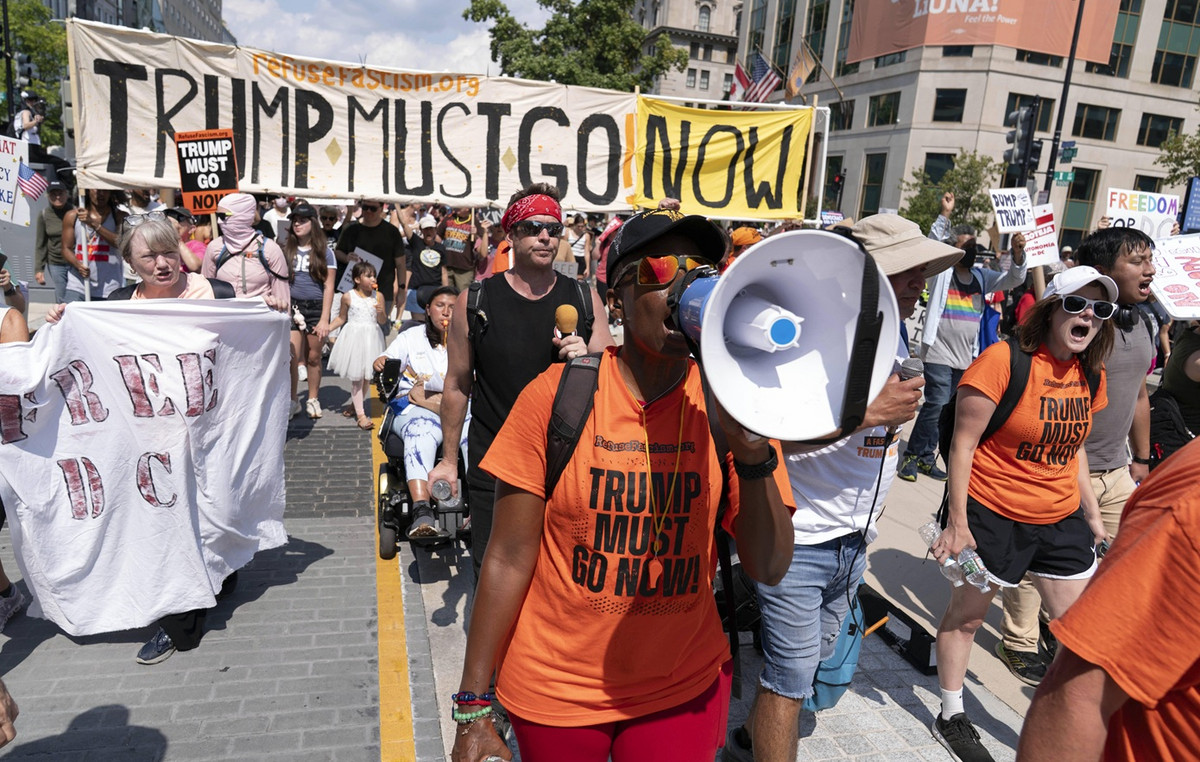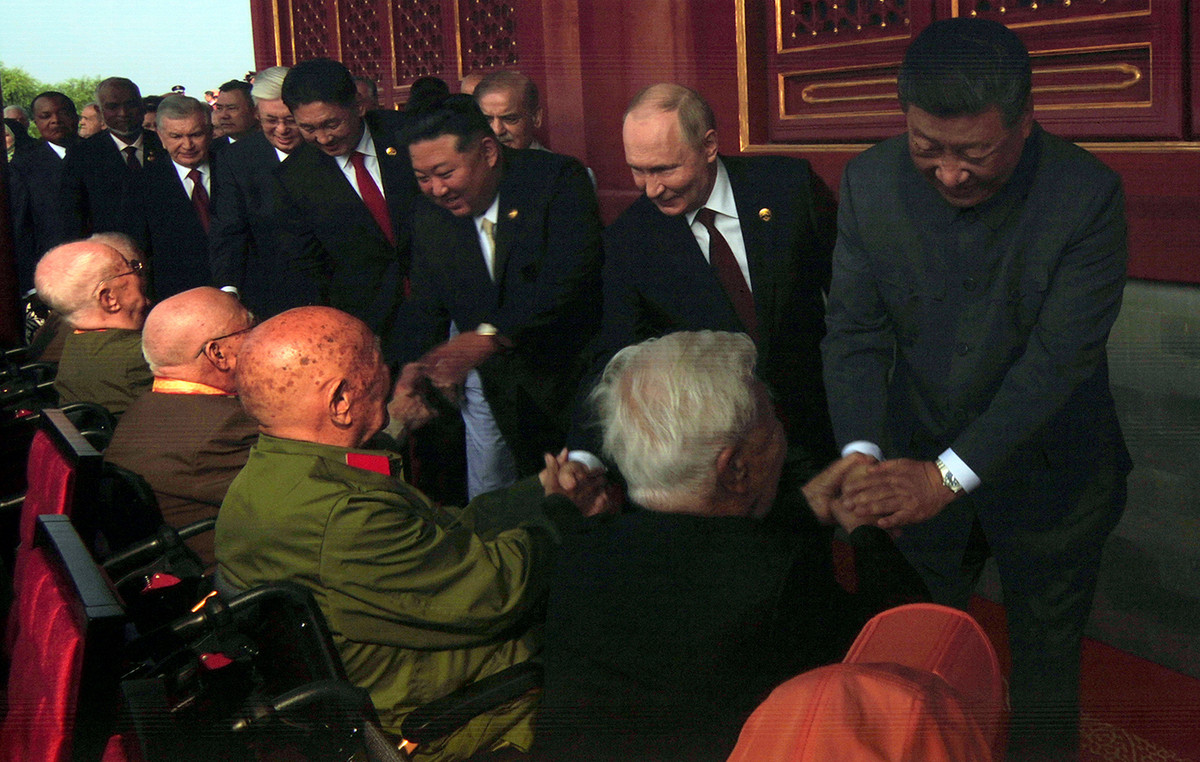US Secretary of State Antony Blinken raised concerns on Friday about China's support for Russia's military, one of many issues that threaten to sour the recent improvement in relations between the world's biggest economies.
Blinken raised the issue during five-and-a-half hours of talks with China's top diplomat, Wang Yi, in Beijing, one of the latest high-level contacts amid tensions between the countries.
The US diplomat is expected to end his visit on Friday with little progress on a range of contentious issues, including US complaints about cheap Chinese exports. Instead, both sides are focusing on pragmatic issues.
“The secretary discussed concerns about the PRC's support for the Russian defense industrial base,” said US State Department spokesman Matthew Miller, adding that the two sides also discussed Taiwan, the South China Sea and others. critical points.
The PRC is the abbreviation of China's official name, the People's Republic of China.
Despite its “boundless” partnership with Moscow, China has not supplied weapons for Russia’s war in Ukraine.
But U.S. officials warn that their companies are helping the arms industry with unprecedented growth that has helped turn the tide of war. For example, China's increased machine tool imports have helped Russia increase its ballistic missile production, they say.
U.S. officials say such assistance could harm the broader bilateral relationship, even if ties stabilize after being hit by then-House Speaker Nancy Pelosi's visit to Taiwan in 2022 and the U.S. shooting down a Chinese surveillance balloon suspect in February 2023.
China said it has not supplied weapons to any party, adding that it is “not a producer or party involved in the Ukraine crisis.” However, it says normal trade between China and Russia should not be interrupted or restricted.
Stability in relationships
In addition to his talks with Wang, Blinken met with Chinese President Xi Jinping, who reiterated Beijing's concerns that the United States was suppressing Chinese economic development.
“This is a fundamental issue that must be addressed, just like the first button on a shirt that must be fixed, for the China-US relationship to truly stabilize, improve and move forward,” Xi said.
Earlier, Wang told Blinken that the “giant ship” of China-US ties had stabilized, “but the negative factors in the relationship are still accumulating.”
Wang also said the US had taken “endless” measures to suppress China's economy, trade, science and technology.
“And the relationship is facing all kinds of disruptions. China's legitimate development rights have been unjustifiably suppressed, and our core interests are facing challenges,” Wang told Blinken.
The agenda for the talks was set during the November summit between Biden and Xi in San Francisco and a follow-up call in April.
Underscoring the growing discord between the two sides, hours before Blinken landed in China on Wednesday, US President Joe Biden signed a bipartisan bill that included $8 billion to combat China's military power as well such as billions in defense aid to Taiwan and $61 billion to Ukraine.
Wang said the U.S. should not tread on “red lines” covering sovereignty, security and development interests — an apparent reference to Taiwan, the democratically ruled island that China claims as its own, and the South China Sea. disputed.
Other issues on the table include artificial intelligence and the US attempt to limit Chinese supplies of chemicals used to make fentanyl.
Blinken, along with senior U.S. officials focused on counternarcotics collaboration with China, met with Chinese public security minister Wang Xiaohong to discuss the fentanyl issue.
Ahead of Friday's talks, US Treasury Secretary Janet Yellen signaled that Biden was not taking any options off the table to respond to China's industrial overcapacity.
Wang said the US must stop “hyping” the “false narrative” of China's overcapacity.
Source: CNN Brasil
Bruce Belcher is a seasoned author with over 5 years of experience in world news. He writes for online news websites and provides in-depth analysis on the world stock market. Bruce is known for his insightful perspectives and commitment to keeping the public informed.







